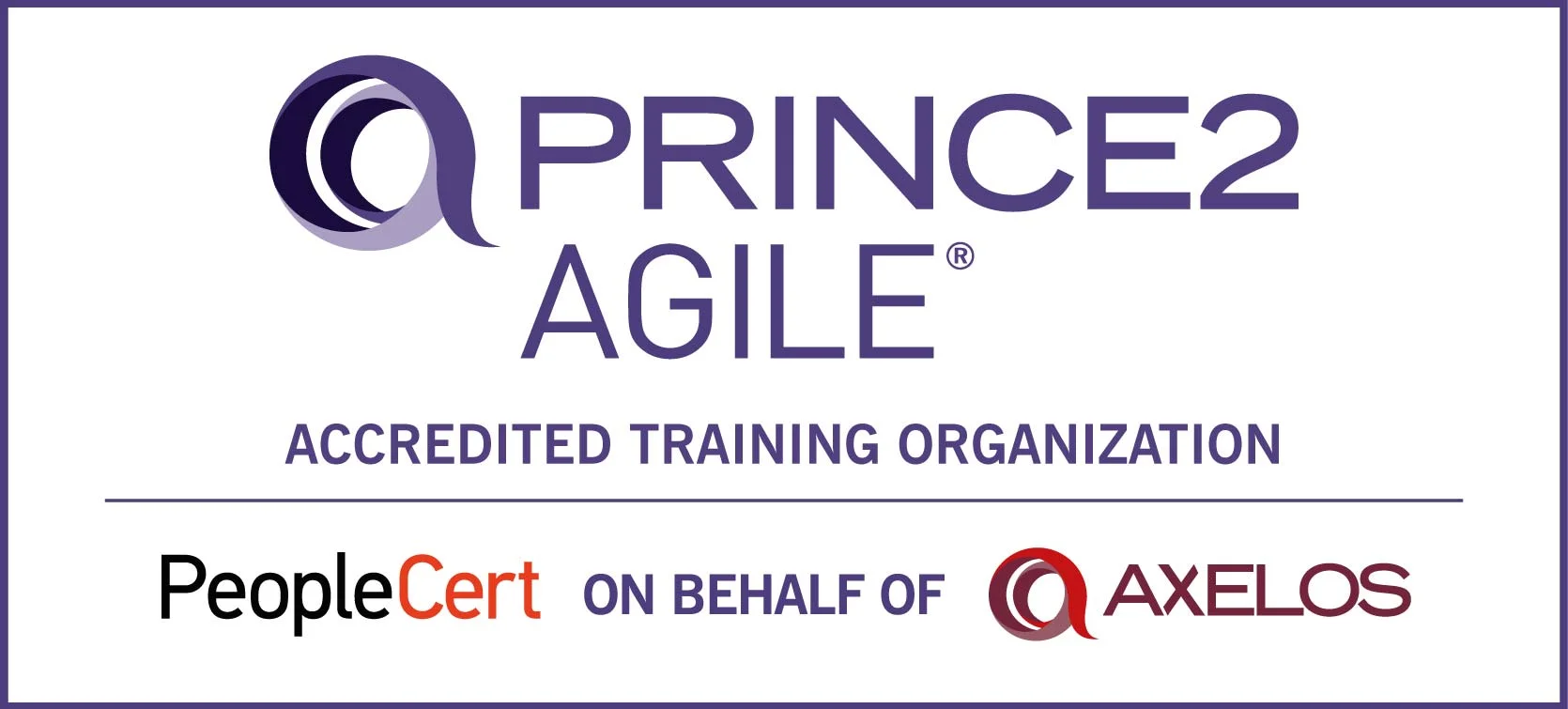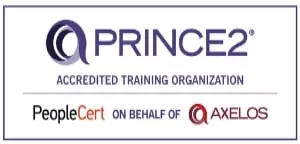Enroll Now and Get Upto 30% Off
* Your personal details are for internal use only and will remain confidential.




Copyright ©2025 All Rights Reserved | NOVELVISTA LEARNING SOLUTIONS PRIVATE LIMITED
$upcomingWebinar.descriptionOne
No upcoming webinars available.
#endThe meetup scheduled for 2nd August has been postponed. New date will be announced soon.
